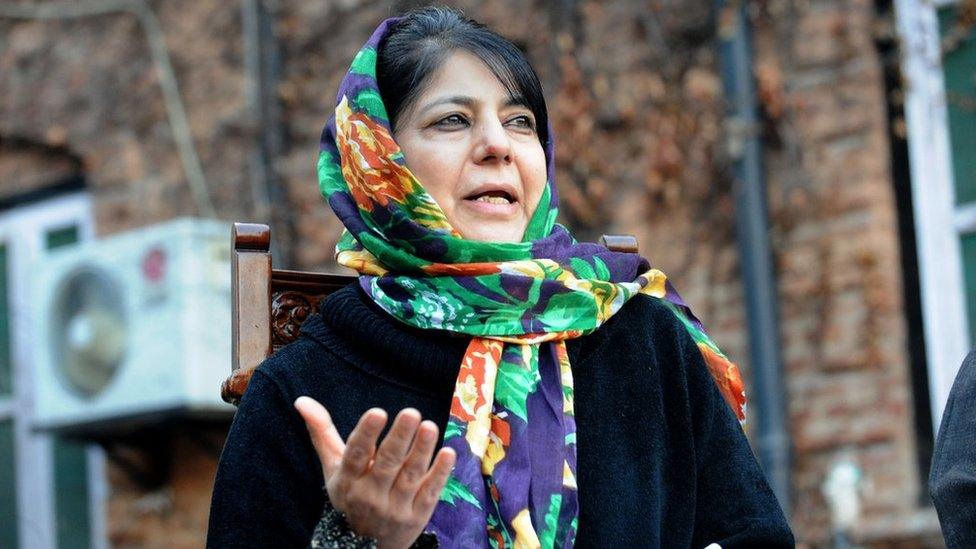
Mufti’s comments come amidst a backdrop of increased religious tensions in several parts of the country, with reports of raids and searches in places of worship sparking concerns over their implications for India's constitutional values. These searches, conducted under the pretext of addressing security concerns, have drawn criticism for allegedly targeting specific communities disproportionately. Legal experts have expressed varying opinions on the matter, with some supporting judicial neutrality while others highlight lapses in safeguarding secular ideals.
The former chief minister alleged that the judiciary under Chandrachud’s leadership failed to uphold the foundational principles of the Constitution, particularly secularism. Chandrachud, who completed his tenure earlier this year, has been both lauded and criticized for his judicial philosophy. While some of his judgments promoted progressive reforms, including on issues like LGBTQ+ rights and digital privacy, others have faced scrutiny for perceived biases. Notably, his tenure coincided with the government's increasing influence over institutional frameworks, raising questions about judicial independence.
Mufti emphasized the need for the judiciary to act as a check on executive power. She expressed dismay over judicial decisions that, according to her, have emboldened divisive policies. Legal commentators have noted a trend of controversial rulings under Chandrachud’s term, particularly concerning cases related to religious and cultural matters. His role in landmark decisions, such as the Ayodhya verdict, has drawn polarized reactions. Critics argue that such judgments may have inadvertently bolstered narratives challenging India's secular ethos.
The accusations from Mufti also reflect a broader concern among political and civil society leaders about the erosion of democratic institutions. Her remarks echo the sentiments of opposition parties, who have frequently criticized the judiciary for not holding the executive accountable. Observers suggest that this criticism ties into a larger debate about the balance of power among India's governing bodies, particularly in light of increasing centralization.
Meanwhile, government representatives have dismissed these allegations as politically motivated. Officials have defended the judiciary's actions, stating that the legal system operates independently and decisions are based on constitutional principles rather than political influence. The ruling party has accused opposition leaders, including Mufti, of leveraging such criticisms to deflect attention from their own governance shortcomings.
The controversy also highlights a growing narrative of discontent regarding judicial transparency. Analysts have pointed to instances of delays in critical rulings and selective prioritization of cases as signs of systemic challenges. Chandrachud’s tenure saw significant advancements in legal technology and court modernization, but these achievements have often been overshadowed by debates on judicial impartiality and accountability.
